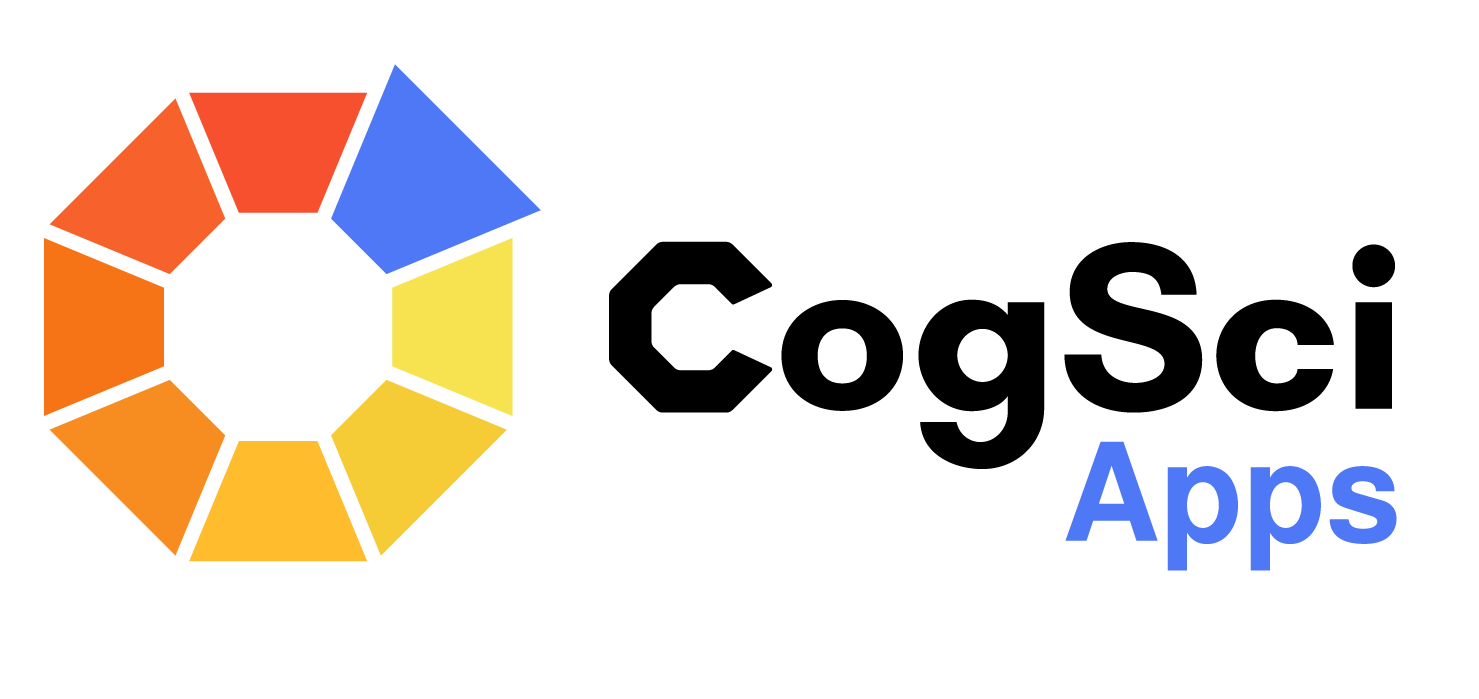In January 2019, You Will Find Out Why 2019 Will Not Be Like the Years Before
Since it introduced Mac “OS X”, based on the NeXT OS, Apple has been doing great work on many fronts. But Mac users are always clamoring for more. And that they should, because even in the best OS there is always room for improvement.
However, the burden of improving macOS user experience lies not only on the shoulders of Apple. Third party software developers do their part every day. Consider launchers, like LaunchBar and Alfred; or search tools like HoudahSpot; and organizational software like Hazel. We rely on these tools and enjoy them tremendously.
Over the years, millions of people, including the cognoscenti, have been surprised by the wondrous products Apple has brought to market. We have all experienced, more times than we can easily recall, the realization that
oh my goodness! Now that this product is before me, I realize I had a tacit network of needs that I never explicitly understood, let alone articulated. I NEED this product!
Here at CogSci Apps we are not in the business of publishing about what Apple has done, is doing or might do next. There are great minds — like Rene Ritchie, John Gruber and Brett Terpstra — doing that essential work very well already.
Discontinuities in cognitive productivity
The best way for CogSci Apps to predict the future is to use cognitive science to create it. We introduce major discontinuities in cognitive productivity as follows.
- We seek to deeply understand thinking peoples’ most acute implicit cognitive productivity challenges; and
- we empathically and esthetically invent solutions that directly address their unmet cognitive productivity needs.
By “discontinuities” we mean a change that is not merely a quantitative transition in a domain. It is a change that introduces entirely new structure and dimensions, effectively changing the domain itself. We feel that discontinuities is a topic that receives too little attention in the quantitatively obsessed times in which we live. Discontinuities is of special interest at CogSci Apps and CogZest. (For a primer on discontinuities in Artificial Intelligence, check out this PDF by Aaron Sloman). In 2019, I will release an entire book about discontinuities: Discontinuities: Love, Art, Mind. But that playful discontinuity is not the topic of this post. Relevant to this post is the discontinuity in software space that we are about to introduce.
In my Cognitive Productivity books, I argued against “intellectual defeatism, naive optimism and cognitive miserliness [which] each in their own way threaten our knowledge-based and technology-enabled pursuit of effectiveness.” I described the challenges and opportunities of using technology for knowledge-intense work. I explained how knowledge workers can use software to address these challenges (for example how to work the stultifying limitations of Kindle software), while working around the limitations of such software.
The next CogSci Apps product will solve a cluster of acute problems described in Cognitive Productivity.
Apply knowledge
By launching the Macintosh, Apple responded to the lack of humanity of computers and software. Apple has accomplished that mission.
We, a Canadian company, are resolutely responding to a modern, lethal societal problem that is very much like what Orwell described in his most prescient book. For upon us, at the highest level of government of many powerful countries, and in the deeds of the misguided drones who support them, “post-truth” forces operate against civilization and the natural environment on which it depends.
We @CogSciApps strive to satisfy the deep, unmet cognitive needs of those who value doing great work with knowledge. We have designed our upcoming software to help knowledge-driven people use knowledge even more productively. Humanity and life on earth depend on their ingenuity — your ingenuity.
In this light, you now better understand the CogSci Apps rallying slogan, “Apply knowledge”™. That is in fact the seventh principle of Cognitive Productivity with macOS®: 7 Principles for Getting Smarter with Knowledge.
2019 ≠ [-∞ .. 2018]
Now Christmas, and thus a new year, are just around the corner. And here @CogSciApps, we are more excited than a typical Western child anticipating what might lie under the tree. For it is, of course, more pleasant to give than to receive, particularly when the giving gives so much pleasure to so many others.
Delighted, indeed ecstatic, we are because after over a decade of R&D, we @CogSciApps are now poised to introduce in the macOS cognitive productivity market a veritable discontinuity: a macOS cognitive productivity app.
And if you use macOS to work with knowledge, then perhaps you should be very excited too. For in January 2019, we will have a gift for you. We will cease to blog in these Delphic, some would say prolix, pronouncements. We will release an app, based on cognitive science, that will help you
- “create efficiently,
- solve problems correctly,
- learn swiftly, and
- share your knowledge.” ™
We can sum up the private feedback on this app by saying that it is elegant, potent and simple. Cognitive potency, as I described elsewhere is the transformative potential of a product.
But you will need to judge for yourself. So, if you’d like to be alerted of the upcoming discontinuity in cognitive productivity with macOS, sign-up to our email distribution list, follow us on Twitter, revisit this website, and/or read well read Mac productivity bloggers in January.
In January 2019, you will find out why 2019 will not be like the years before.
An invitation to select journalists, bloggers and podcasters
If you are a journalist, blogger or podcaster who covers Mac software and/or productivity, if you’d like advance access to our upcoming product, and if you agree not to disclose the information until our product launch, then please email support@cogsciapps.com.
Acknowledgements
We gratefully acknowledge the cultural sources of inspiration that echo in this blog post — echoes that our readers will have recognized, and, we hope, enjoyed.

